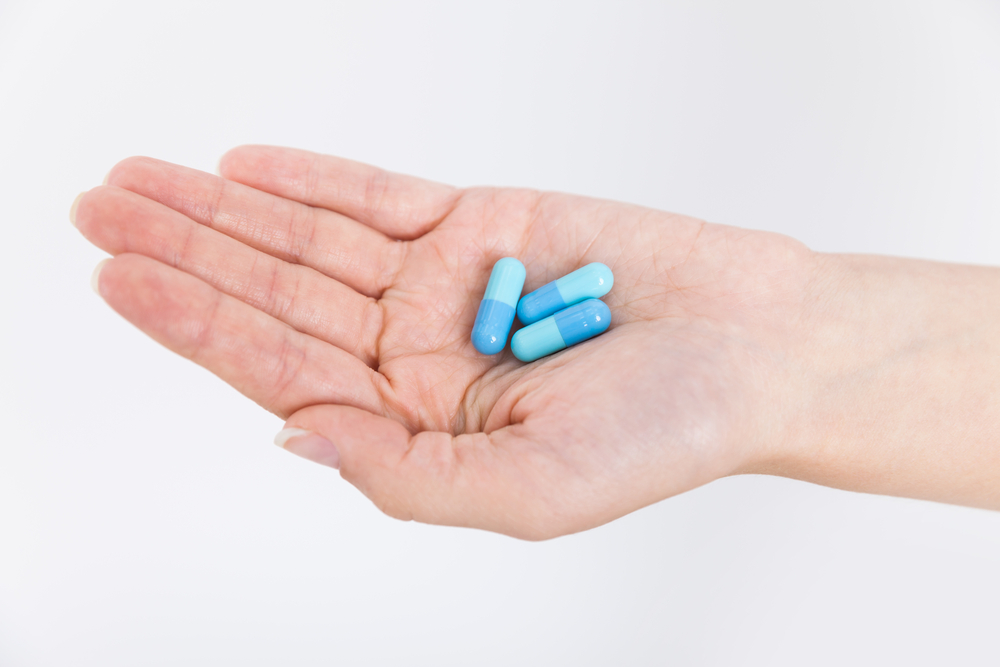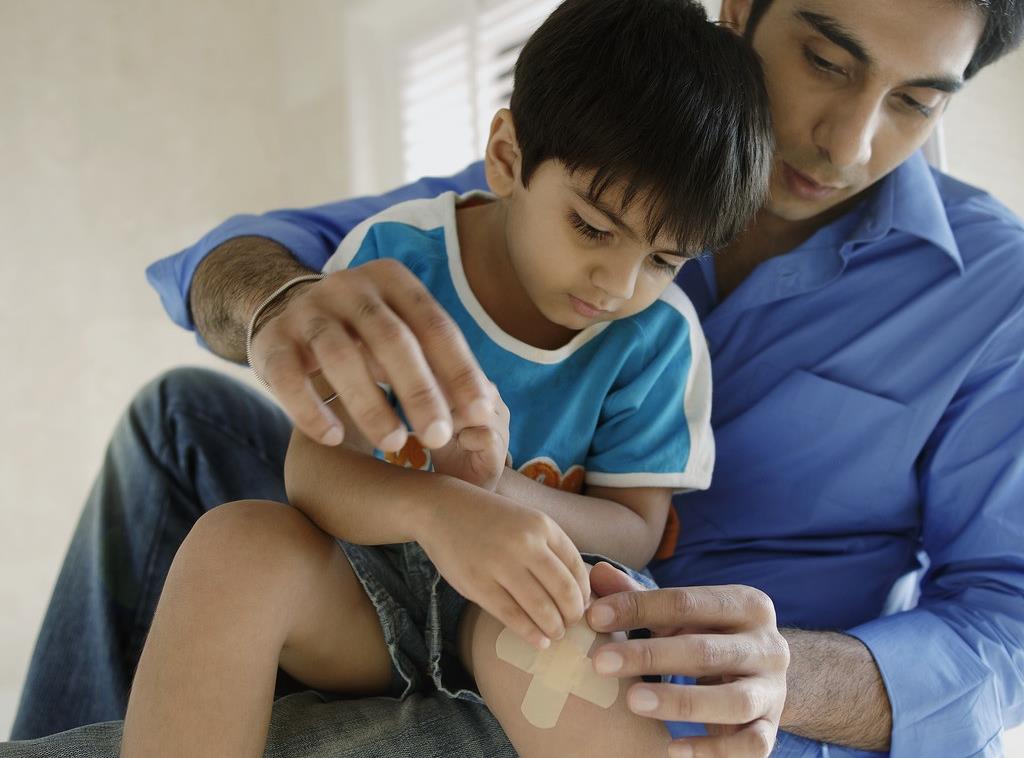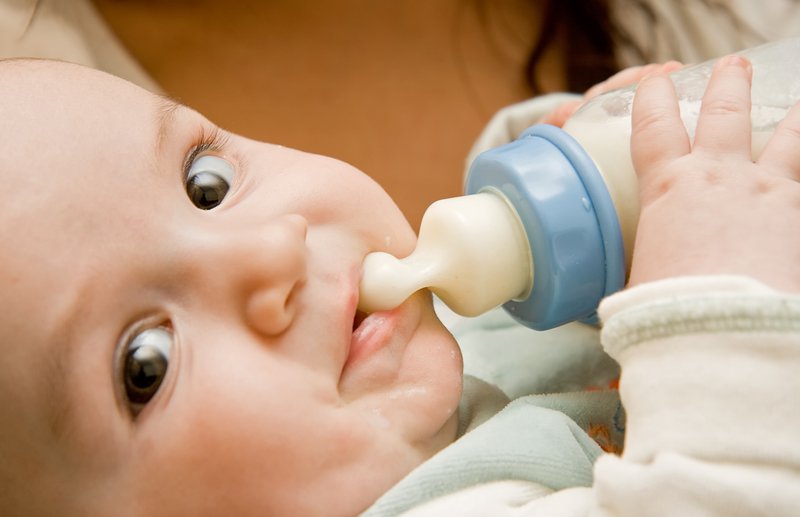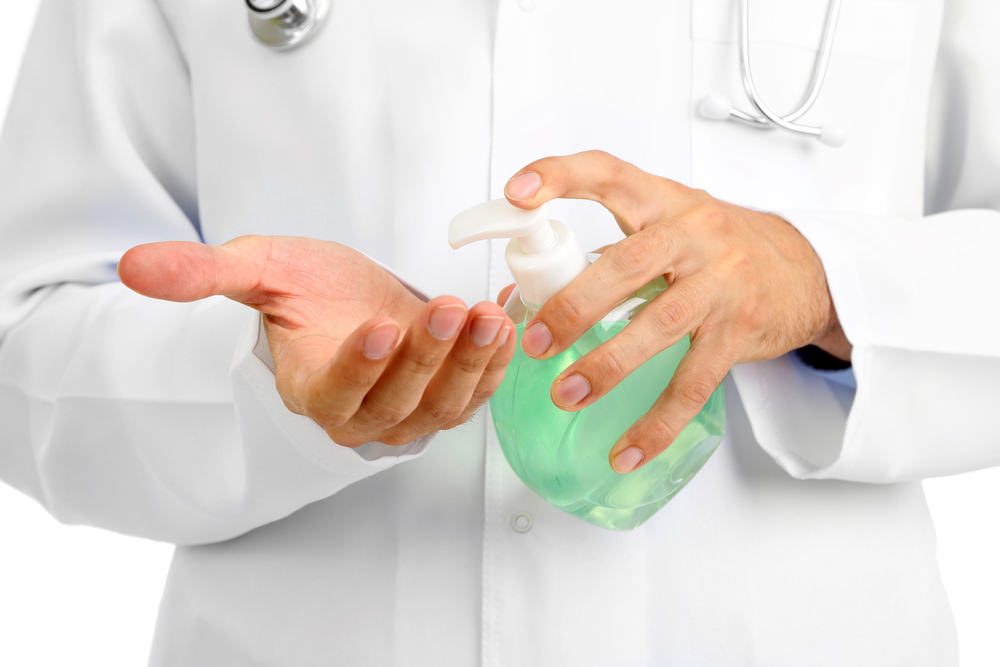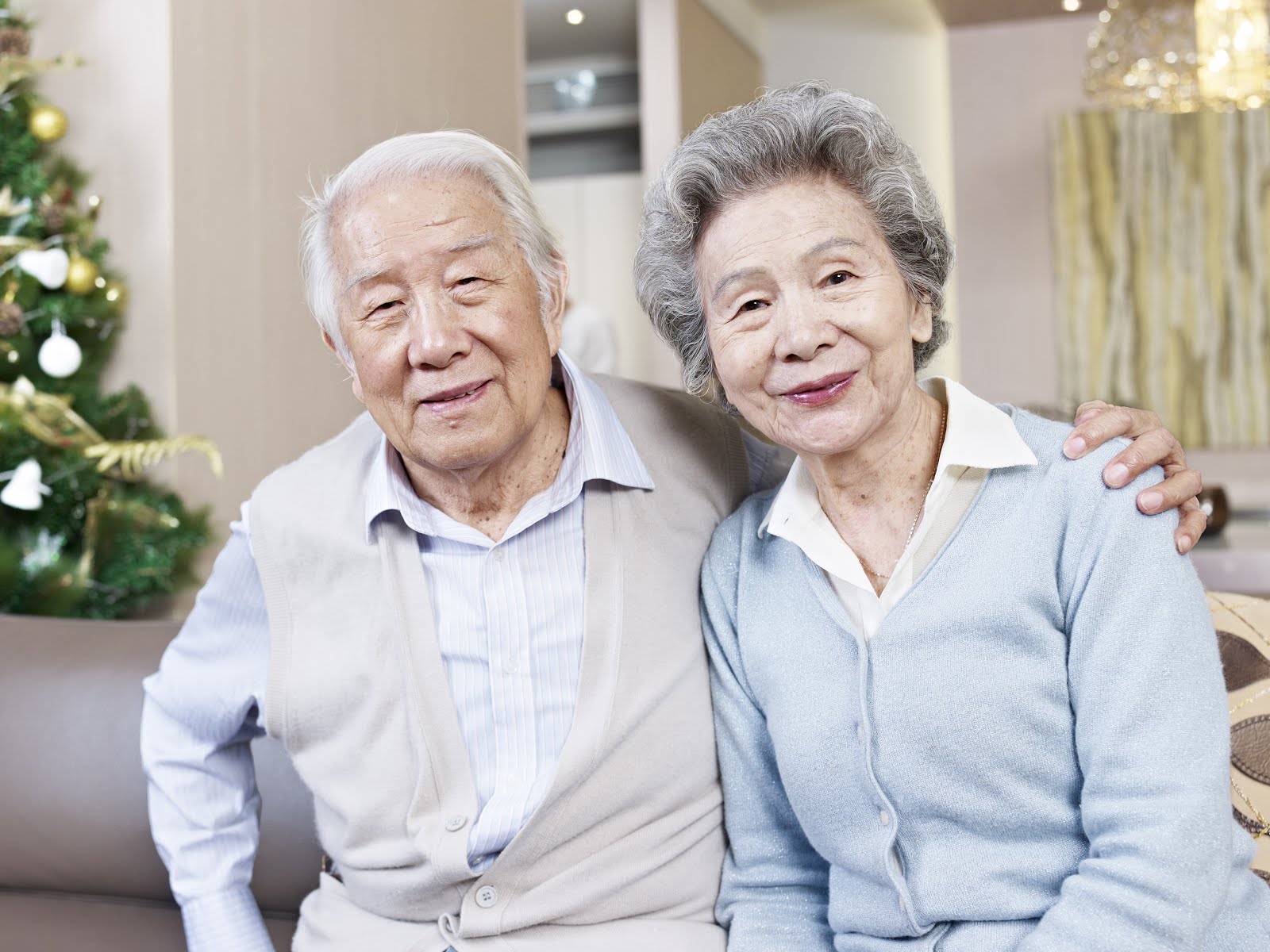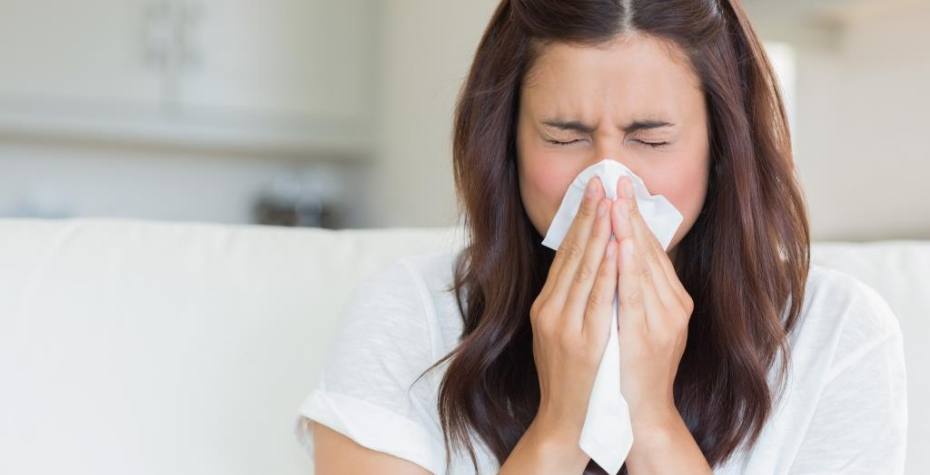Contents:
- Medical Video: Management and Treatment of COPD
- Treat COPD with lifestyle changes
- Treat COPD with therapy
- Treat COPD with pulmonary rehabilitation
- Treating COPD with drugs
- Bronchodilator
- Corticosteroids
- Antibiotics and vaccines
- Drugs that help stop smoking
- Anxiolytic (anti-anxiety medication)
- Opioid
- Treat COPD with surgery
- Bullectomy
- Lung volume reduction surgery (LVRS)
- Lung transplant
Medical Video: Management and Treatment of COPD
Because chronic obstructive pulmonary disease (COPD) is a chronic condition, your treatment, which will mostly include symptom control, can prevent it from getting worse. Good treatment of COPD can help you become active and improve your overall health, and prevent and treat complications.
There are four main approaches to the treatment of COPD, depending on the severity of your illness: lifestyle changes, therapy, pulmonary rehabilitation, medication and finally, surgery.
Treat COPD with lifestyle changes
In the case of mild COPD, most doctors will recommend lifestyle changes. Even with the conditions is being or worse, you will still have to reorganize your lifestyle. The first change is to stop smoking.
If you don't smoke, don't start. Try to avoid cigarette smoke and other irritants in the air such as dust, burning smoke, and other toxic chemicals. Make sure the air you breathe is clean and free of COPD triggers. You can learn ways to make your home more COPD friendly.
The second change is about sports. You will definitely be advised by a doctor to avoid or limit exercise because you cannot breathe very well with COPD. You do have to limit the amount of exercise you do, but you must not stop exercising fully. Exercise can strengthen the diaphragm (the muscle between the lungs and the stomach that helps you breathe). Consult your doctor about physical activity that is right for you.
The third change is about diet. You may find it difficult to swallow hard food, or fatigue can make eating difficult. You can get nutrients by eating smaller portions and using vitamins and mineral supplements. Resting before eating may also help.
Treat COPD with therapy
COPD damages your ability to breathe. Oxygen therapy can make your breath easier and supply enough oxygen to the lungs. You can learn more about oxygen therapy here.
Oxygen therapy can help you:
- reduce symptoms of COPD
- supply oxygen to the blood and other organs
- makes it easy to sleep
- prevent symptoms and prolong life span
Treat COPD with pulmonary rehabilitation
Pulmonary rehabilitation (respiratory rehabilitation) is a special program for people with lung disease. You can learn how to control breathing through exercise, nutrition and positive thoughts.
Treating COPD with drugs
Various types of drugs can be used to treat symptoms of COPD.
Bronchodilator
Bronchodilators are drugs to open the bronchial tubes (the channel leading to the lungs from the airway). An inhaler or nebulizer can be used with this medicine. If you don't know how to use this device, here are guidelines on how to use the inhaler and how to use the nebulizer. This device will deliver the drug directly to the lungs and airway.
Here are two classes of bronchodilators: β-agonists and anticholinergics.
- β-agonists can be shaped fast work (eg albuterol) orslow work(eg salmeterol).β-agonistfast work often referred to as a "rescue inhaler" because it can be used to improve breathing quickly when COPD flares-up occurs.β-agonistslow work, used twice a day, is part of maintenance therapy.
- Anticholinergic drugs, such as Atrovent, work by blocking the chemical substance acetylcholine, which causes airway constriction. You can use this medicine every 6 hours.
Corticosteroids
Corticosteroids, such as prednisone, are well-known drugs for reducing inflammation in the lungs caused by infections or irritants such as cigarette smoke, extreme air temperatures, or harmful fumes. Corticosteroids can be used in inhalers, nebulizers, tablets or injections.
Antibiotics and vaccines
Antibiotics are used to prevent COPD infections. Being infected when suffering from COPD can make breathing, which at first is a hard job, more difficult. Antibiotics only work on bacteria and not on viruses. To prevent viral infections, you must run vaccinations for diseases such as flu or pneumonia.
Be careful of the effects of antibiotics on your health. Excessive use of antibiotics can cause antibiotic resistance. You may only use antibiotics if needed.
Drugs that help stop smoking
If you have difficulty stopping, you can use drugs to stop smoking. These drugs aim to replace nicotine in cigarettes with other chemicals that are not so harmful to the body. Nicotine replacement medications can be available in the form of gum, patches, and even inhalers.
In some cases, antidepressants can help patients stop smoking, but you should ask your doctor about side effects before using them. The doctor may also give tips for quitting smoking, such as chewing gum, or introducing a rehabilitation group for you.
Anxiolytic (anti-anxiety medication)
COPD is a chronic disease. As you develop, you can experience anxiety or depression due to symptoms. Drugs to overcome anxiety such as diazepam (Valium) and alprazolam (Xanax) have been shown to calm patients in the late stages and terminal COPD, resulting in improved quality of life.
Opioid
Opioids, also called narcotics or drugs anti-pain. These drugs have other uses, namely reducing the need for oxygen (or "air hunger") by blocking signals from the body to the brain. Opioids are often given only for advanced COPD because they can be addictive.
Opioids are most often given in liquid form and absorbed through the membranes in the mouth.
During suffering from COPD, you may need to add or get rid of certain medications from your prescription. You and your doctor should discuss what medicines are best for your needs and which are most effective in reducing the troublesome symptoms and slowing the progress of this disease. Your doctor can tell you more about drug combinations that might be right for you.
Treat COPD with surgery
Some cases of COPD can take advantage of surgery. The goal of treatment with surgery is to help the lungs work better. In general there are three types of operations:
Bullectomy
If it is damaged, the lungs can leave the air sac in the chest area. This air bag is called a bulla. The procedure for removing this air sac is called a bullectomy. This operation can make the lungs function better.
Lung volume reduction surgery (LVRS)
As the name implies, this procedure reduces the size of the lungs by lifting the damaged part. This operation contains many risks and is not always effective. However, in some patients, this operation can improve breathing and quality of life.
Lung transplant
In severe COPD, you may need a lung transplant to be able to breathe and live. This operation contains many risks. You can get an infection. Your body can reject the new lung. Both of these risks can be fatal. When successful, this operation can improve lung function and quality of life.
Although there is never a guarantee that each treatment will be effective, most show positive results in patients. Your COPD is unique and requires its own treatment. Discuss with your doctor first what is best for you, and continue with follow-up to make changes over time.
Hello Health Group does not provide medical advice, diagnosis or treatment.

